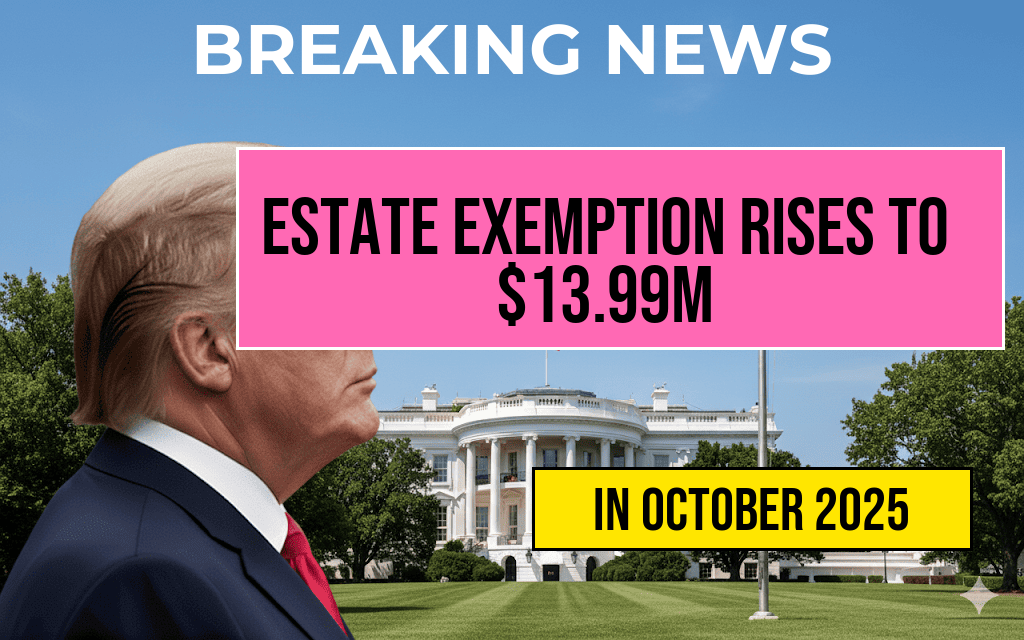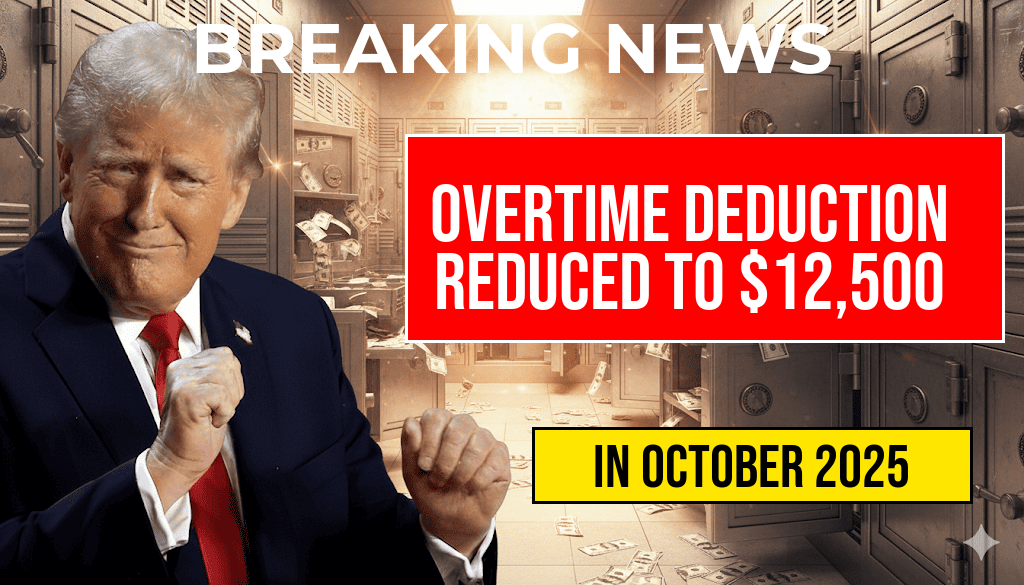The federal estate tax exemption has experienced a historic increase, jumping from $135,000 to a substantial $13,990,000 per individual for the 2024 tax year. This dramatic rise, driven by legislative adjustments and inflation indexing, significantly reduces the likelihood that estates will owe federal estate taxes, offering substantial benefits for high-net-worth individuals and their heirs. For many families, this means that a much larger portion of their estate can be transferred without federal taxation, streamlining wealth transfer and reducing estate planning complexities.
Understanding the Estate Exclusion and Its Impact
The estate exclusion, also known as the estate tax exemption, determines the amount of an individual’s estate that can pass to heirs free from federal estate taxes. Previously set at $135,000, this exemption has experienced a remarkable increase, aligning with inflation adjustments and legislative reforms. The current exemption of $13,990,000 for 2024 effectively shields most estates from federal estate taxes, which only apply to estates exceeding this threshold.
Legislative Background and Inflation Adjustment
Historical Perspective
- Prior to the Tax Cuts and Jobs Act of 2017, the estate exemption stood at $5.49 million, with periodic adjustments for inflation.
- The 2017 legislation temporarily doubled the exemption to $11.18 million in 2018, before further increases in subsequent years.
- For 2024, the exemption has surged to $13,990,000, reflecting ongoing inflation adjustments and legislative indexing mechanisms.
Legislative Drivers
The exemption increase reflects a combination of legislative efforts aimed at reducing the tax burden on wealthy families and inflation adjustments that ensure the exemption keeps pace with rising living costs. This change is part of broader tax policy reforms intended to promote wealth transfer efficiency and reduce estate-related tax planning complexities.
Benefits for Heirs and Estate Planning
| Year | Exemption Amount |
|---|---|
| 2023 | $12,920,000 |
| 2024 | $13,990,000 |
This substantial increase means that many families will no longer need to engage in complex estate tax planning strategies to avoid federal taxes. For estates below the new exemption threshold, assets can be transferred to heirs without incurring federal estate taxes, simplifying inheritance processes and reducing associated legal and financial expenses.
Implications for High-Net-Worth Individuals
- Fewer estates subject to federal estate taxes, allowing more wealth to pass directly to heirs.
- Reduced need for intricate estate planning tools such as trusts and valuations.
- Enhanced ability to plan for wealth transfer without the immediate concern of tax liabilities.
Limitations and Considerations
While the increase is significant, it is essential to recognize that individual circumstances vary. State-level estate taxes may still apply, and proper planning remains vital for estates exceeding the exemption or with complex asset structures. Additionally, the exemption amount is set to expire after 2025 unless further legislative action is taken, potentially reverting to lower levels.
Sources and Additional Reading
- Wikipedia: Estate tax in the United States
- Forbes: Estate Tax Exemption Increases to Nearly $14 Million in 2024
Frequently Asked Questions
What is the new estate exclusion amount?
The estate exclusion amount has increased from $135,000 to $13,990,000, allowing for a much higher threshold before estate taxes apply.
How does the increased estate exclusion benefit heirs?
The higher estate exclusion means that heirs can inherit more of their loved ones’ assets without facing estate taxes, resulting in significant tax savings and preserving more wealth for future generations.
When does the increased estate exclusion take effect?
The increased estate exclusion is effective immediately, impacting estates of individuals who pass away starting from the date of the announcement, providing immediate benefits for estate planning.
Are there any limitations or conditions to qualify for the increased exclusion?
While the increased exclusion applies broadly, it is important to consult with a tax professional or estate planner to understand specific conditions and ensure proper compliance.
What should I do to take advantage of the new estate exclusion limits?
To maximize benefits, consider reviewing your estate plan with a financial advisor or estate attorney, and explore strategies like gift planning and trusts to optimize the use of the increased exclusion amount.







